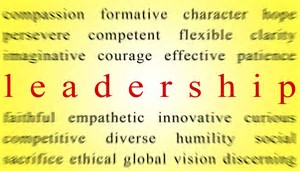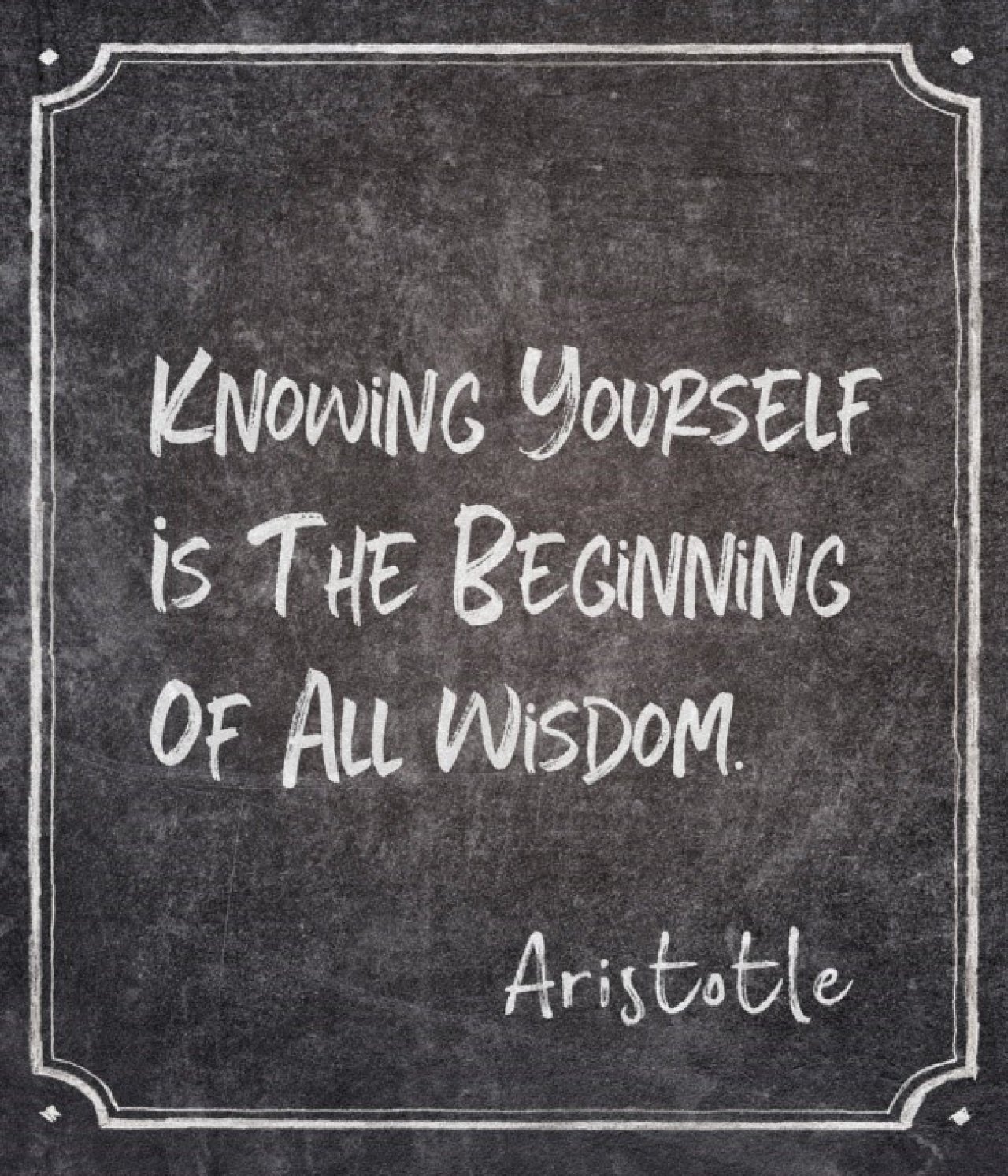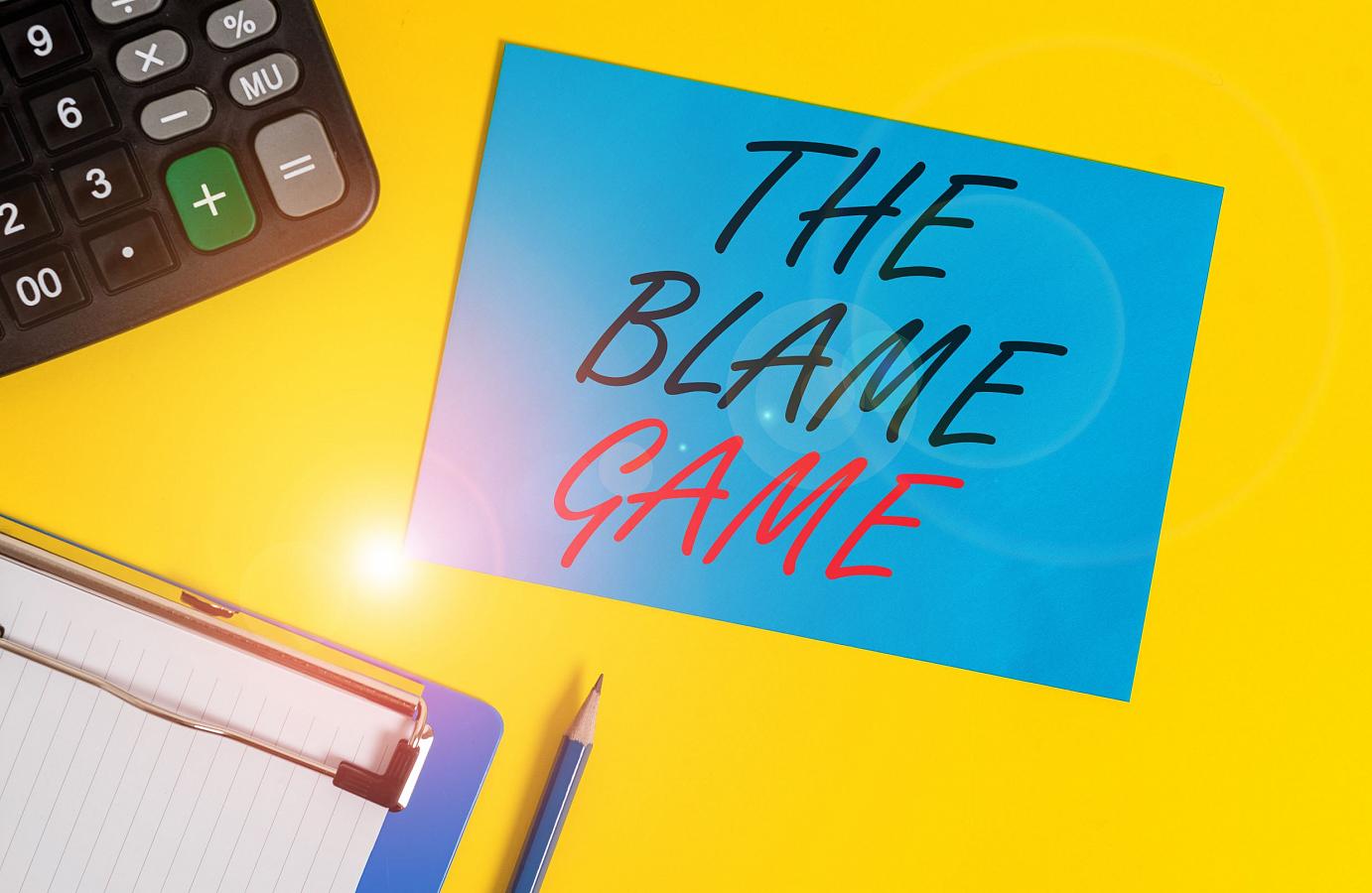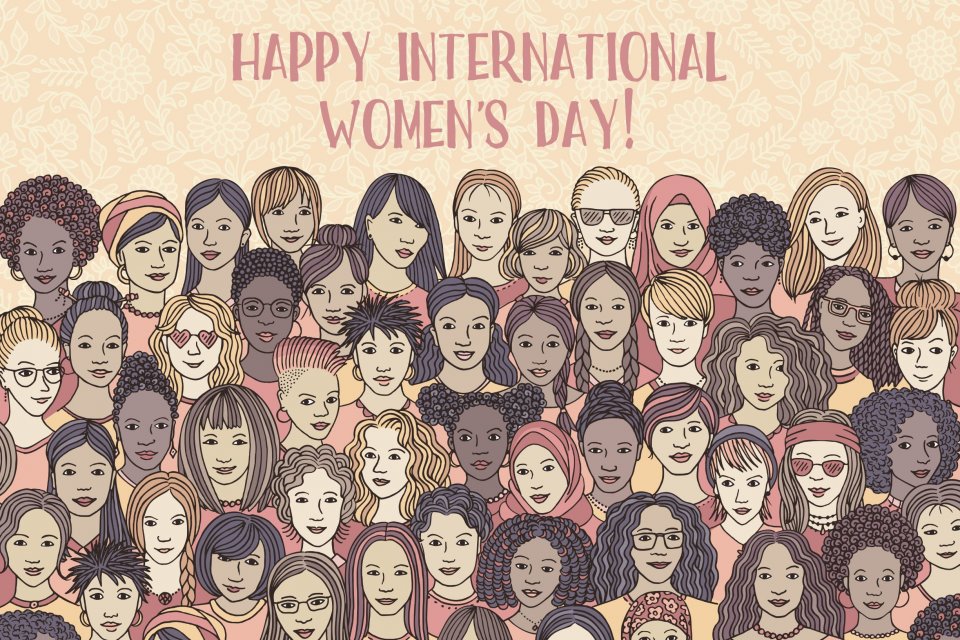
What Today’s Leaders Can Learn From The ANZACs
As a nation, this month we will unite for the celebration and remembrance of Anzac Day and those who have died for the freedom of this great country in which we live. A past federal Treasurer speaking on Anzac Day a few years ago said Australian ideals had been both tested and proved at Gallipoli. Further, he said: “What emerged was a moral value that rapidly established itself as our supreme national virtue: a combination of bravery, resilience, the ability to improvise, and the duty to stick together in hard times and protect your friends.”
As someone who has lived my adult life in Australia, and who regards herself as a very patriotic Australian, these words resonated with me about what it means to be Australian – brave, resilient, adaptable, sticking together, looking after your mates, persevering , courageous and reaching out to our community!
When I think about the ANZACS, what made them unique for me are the following qualities:
- They were unsung heroes from all walks of life, who did what needed to be done by keeping it simple and real
- They were driven by a higher purpose
- They did what needed to be done with no expectation of personal gain
- They depended on people they had not known for very long, and each other, but were connected by a common goal and a belief in a “shared” end result.
So why are we not seeing these qualities in our leaders in business and governments at present? Every time we open a newspaper or watch a news report, it is all “gloom and doom”. Constant news items about further job cuts, redundancies, corporate collapses, budgets being slashed in fundamental areas such as training and development, management and leadership training, health and aged care services, education; all those areas which are the foundation of growing our economy and developing the next generation of workers and leaders. There is no “duty” to stick together in hard times and protect friends, or opportunity “to remain hopeful” when job cuts, slashing and burning anything that does not generate revenue, has become the order of the day

It takes courage for a leader to do something different, and that’s exactly what we need now – leaders who are willing to be courageous and recognise that the current economic and global environment is DIFFERENT to any other before, and that life as we know it will NEVER be the same again. Courage means not cutting headcount, but cutting executive salaries and directors’ fees instead to save jobs of employees.
Leaders need to be encouraging everyone in the organisation to improvise, innovate and truly empower employees to be part of solving this crisis, not revert back to command-and-control and micromanagement. Every petty action taken, like cancelling newspapers and refreshment supplies sends a message to employees that “You are not valued and taking care of you is costing money!” Employee engagement is at its lowest levels ever, and organisations are being managed by leaders who are driven by fear of failure, and employees who fear trying something new or innovative in case they lose their jobs. Engaged employees lead to greater productivity, demonstrating a willingness to “go the extra mile”. This leads to improved business performance and greater profitability in the private sector, and better cost management in the public sector.
Resilience is about seeking collaborative, rather than competitive, ways of working together, leaders and followers, managers and employees, to get through this together. “It is OUR joint problem, so let’s solve this together” should be the message of leaders. I believe that collaboration is the way of the future, transformational leadership rather than transactional leadership and work environments where diversity rather than uniformity is valued and respected. What the current financial situation has revealed is that what leaders have done in the past has not worked, and certainly will not work in the present and the future. Now is the time for change and doing things differently, for if we don’t we will simply create a dying yesterday.
What people will remember most is not what you said or did, but how you made them feel. People need to feel valued, hopeful of a better future, that what they do makes a difference and that their leaders believe in them. This is true for all leaders, whether you lead 5, 50 or 50,000 people, or simply lead yourself!
Do you believe in yourself as a leader? What drives you as a leader? Are you willing to inspire others and enable them to change their lives, without expecting any personal gain? Do you pass the leadership mirror test: “Would I want to be led by me?” If you don’t believe in yourself or would not follow yourself as a leader, what needs to change, and are you courageous enough, and willing to change?
Be inspired by the spirit of the Anzacs and take the first brave step to re-inventing yourself as a leader for a better future for yourself and others!

@avrilhenry




